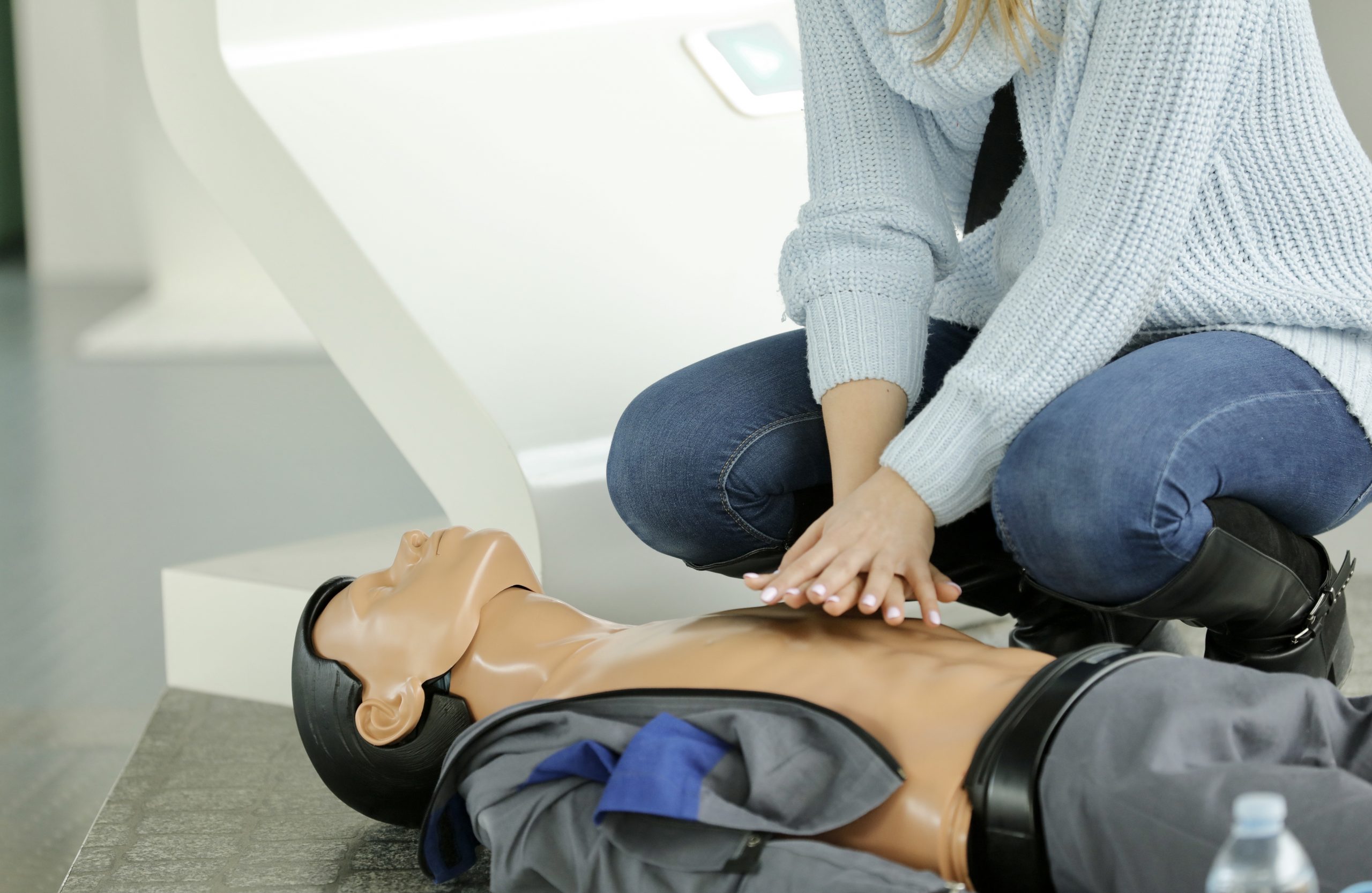What Should You Do If There’s an Emergency Inside Your House?

Whether you are a veteran of the fire service or just someone who loves to cook, knowing what to do when there is an emergency inside your house can be a lifesaver. Even if you do not have time to plan and practice an evacuation, there are some simple steps to follow that can save lives.
First, stay calm. This may seem like a no-brainer, but it is important to remain calm during a disaster. During an evacuation, you will have limited time to consider the implications of your actions. By staying calm, you will be more likely to focus on what you can do to help others while keeping yourself safe.
Second, use an emergency release device. These devices can help increase the odds of safely escaping a home fire. While it is not necessary to have one on hand, they are a wise idea for anyone who owns a home.
Third, have a plan. You never know when an emergency will occur, and you want to be prepared for any scenario. Follow the directions of public safety officials to the best of your ability, and keep an eye out for any signs that something is amiss. For example, if you see a burning building or someone who appears to be trapped in the middle of a commotion, call the police. The authorities will not ask you to evacuate unless they believe you are in danger.
Finally, make sure you have a first aid kit. If you have pets, it may be wise to relocate them to a safe location. It is not a good idea to take them with you, though, as some emergency shelters do not allow pets. A good rule of thumb is to carry at least a few supplies to last you for a week or more, and a few weeks more if the situation is serious.
Lastly, have an emergency “go” kit. Include an item for each member of your family and at least one outside of your immediate family. These can be a variety of things, from flashlights and first aid kits to canned food and water. They are especially important if you are unable to get to the store for an extended period of time.
Taking the time to prepare for an emergency can be a lifesaver, and it’s also a smart move. Many emergencies are unexpected and impromptu, which is why having a plan in place before a disaster strikes is so critical. Your plans should include the following: a stockpile of essential items and a plan of attack; a disaster plan that includes a route to a safe place and the names of people to contact if necessary; and a backup supply of money in case your primary source of income is interrupted.
Knowing what to do when there is an emergency in your home can be a daunting task. But with a little research, some common sense, and some planning, you should be ready for whatever comes your way.
